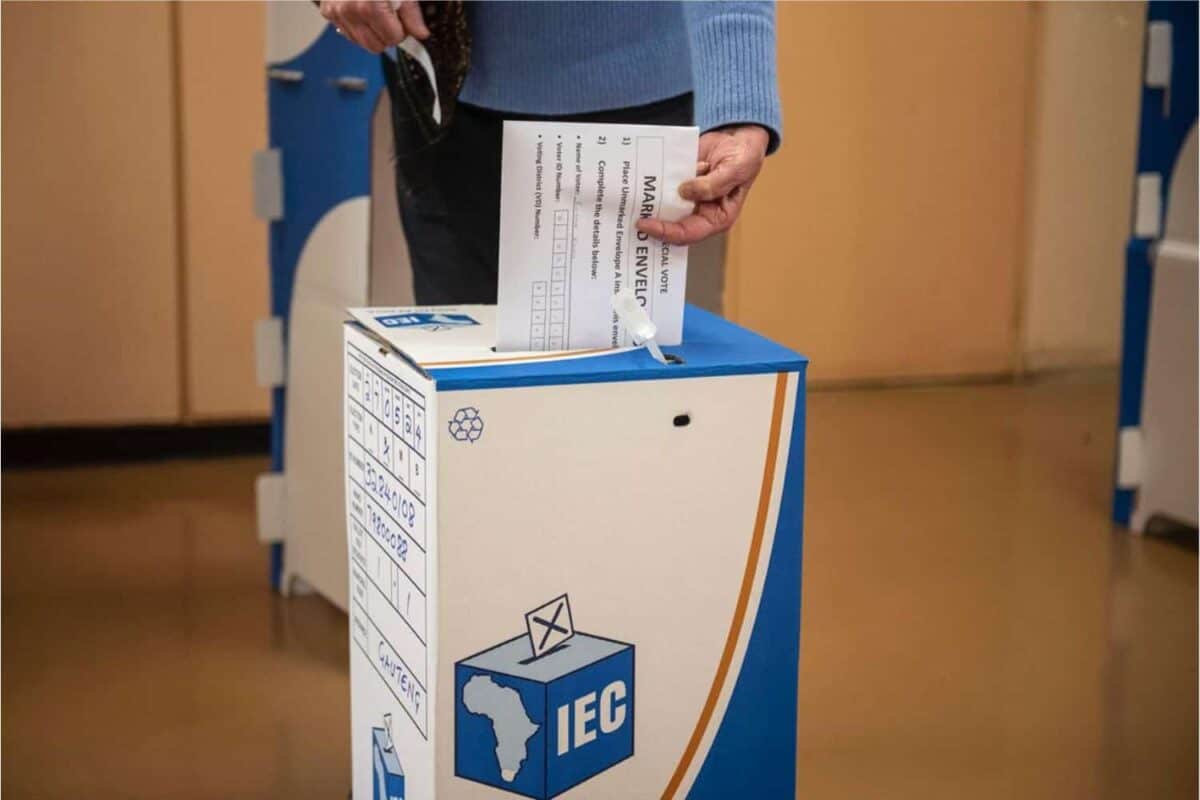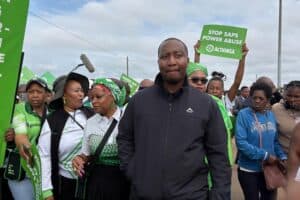ActionSA says polls produced by some organisations were politically biased and produced misleading results.

ActionSA’s proposed law to control political public opinion polls has elicited mixed reactions – but experts agree some polls are unreliable and biased to serve certain agendas.
The Electoral Laws Amendment Bill 2025 proposes that political opinion polls and exit polls be regulated by an ombud, who would be appointed by the Electoral Commission’s chief officer.
Bill seeks to curb politically biased polling
Proposed by the party’s Lerato Ngobeni, it provides for a ban on the publication of political opinion polling and exit polling seven days before the election and during the hours prior to voting.
Any person who contravenes the provisions would be guilty of an offence and liable to a fine or imprisonment for a period not exceeding two years.
ActionSA said polls produced by some organisations were politically biased and produced misleading results.
This follows the party’s complaint to the press ombud against Rapport, City Press and News24, which published a report based on an anonymous poll released in March last year, a few months prior to the general election.
Press ombud ruling reignites debate on polling integrity
The report originator, Rapport, was found guilty by the ombud of violating the press code and was instructed to publish a correction along with its sister publications.
ALSO READ: ActionSA introduces Bill to regulate political polls
The report said ActionSA would underperform, while the DA would show growth in the 2024 election.
“This type of ‘push polling’ is intended to shape public opinion and is not about genuine data collection and sharing,” ActionSA said of the Bill.
Independent analyst Sandile Swana said many polls are conducted unethically by certain organisations that conduct surveys with the aim of achieving predetermined outcomes.
“The quality of the information they produce is used for casual purposes and cannot, for instance, be used to formulate national policy or to make important decisions by institutions of society.
“It could be used for propaganda because all political parties, even without a survey, do not need anything to start telling lies – they tell us lies all the time,” Swana said.
Academic and ethical standards offer a contrasting model
However, the situation is different in academic institutions, where a researcher must undergo rigorous ethical clearance by the institution, usually involving an ethics committee, which verifies the information for compliance with ethical standards before approval, he said.
Universities also consider the survey’s design, including the method and scope.
Election integrity expert Michael Atkins said ActionSA is correct about the harm caused by the bad-faith conduct of some polling entities, but he had reservations that regulating them may be too restrictive.
Mixed views
“Pre-publication approval of polls may be too restrictive and the proposal to ban the publication of polls in the seven days prior to an election should be debated carefully.
“There should be more careful definitions that distinguish between bodies conducting political polling and media houses that may publish the outcomes,” Atkins said.
“There should be an additional clause addressing fake opinion polls as part of a broader focus on what types of disinformation can be regulated.
“Without addressing the merits of criticisms made by ActionSA against particular polling entities, this is an important contribution to broaden democratic protections,” Atkins said.
Political economy analyst Daniel Silke said the main polling published in recent years was pretty accurate.
However, there were “without a doubt some polling dropped into our media” to play into a certain agenda or to boost specific political parties at certain times during political campaigns, Silke said.
“We have seen a few of the polling houses produce credible stuff that improved dramatically over the years.
“But I would agree with [ActionSA national chair] Michael Beaumont that some of the polling companies do have political biases, or certainly have had historic links with political parties.”
NOW READ: DA must apologise to Gauteng residents ahead of Lesufi’s motion of no confidence, says ActionSA






